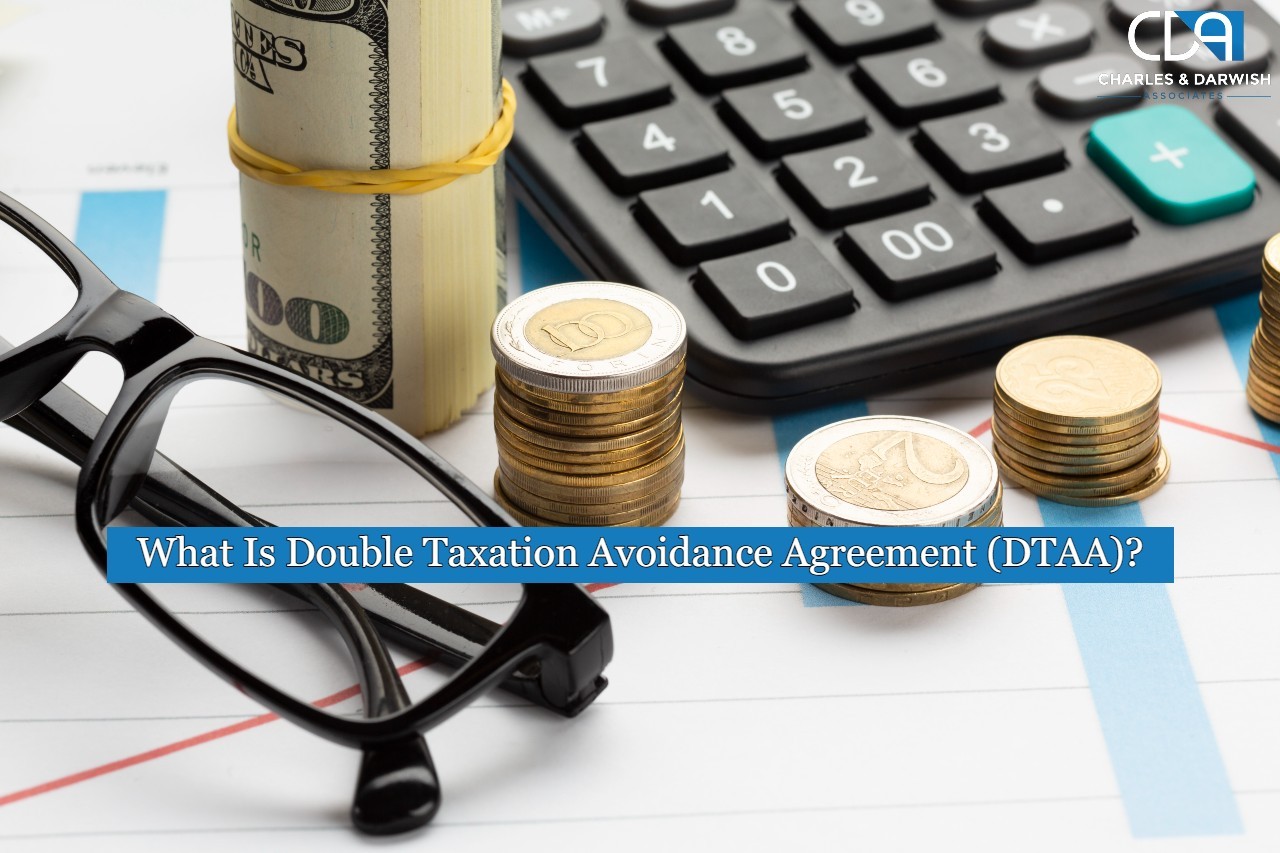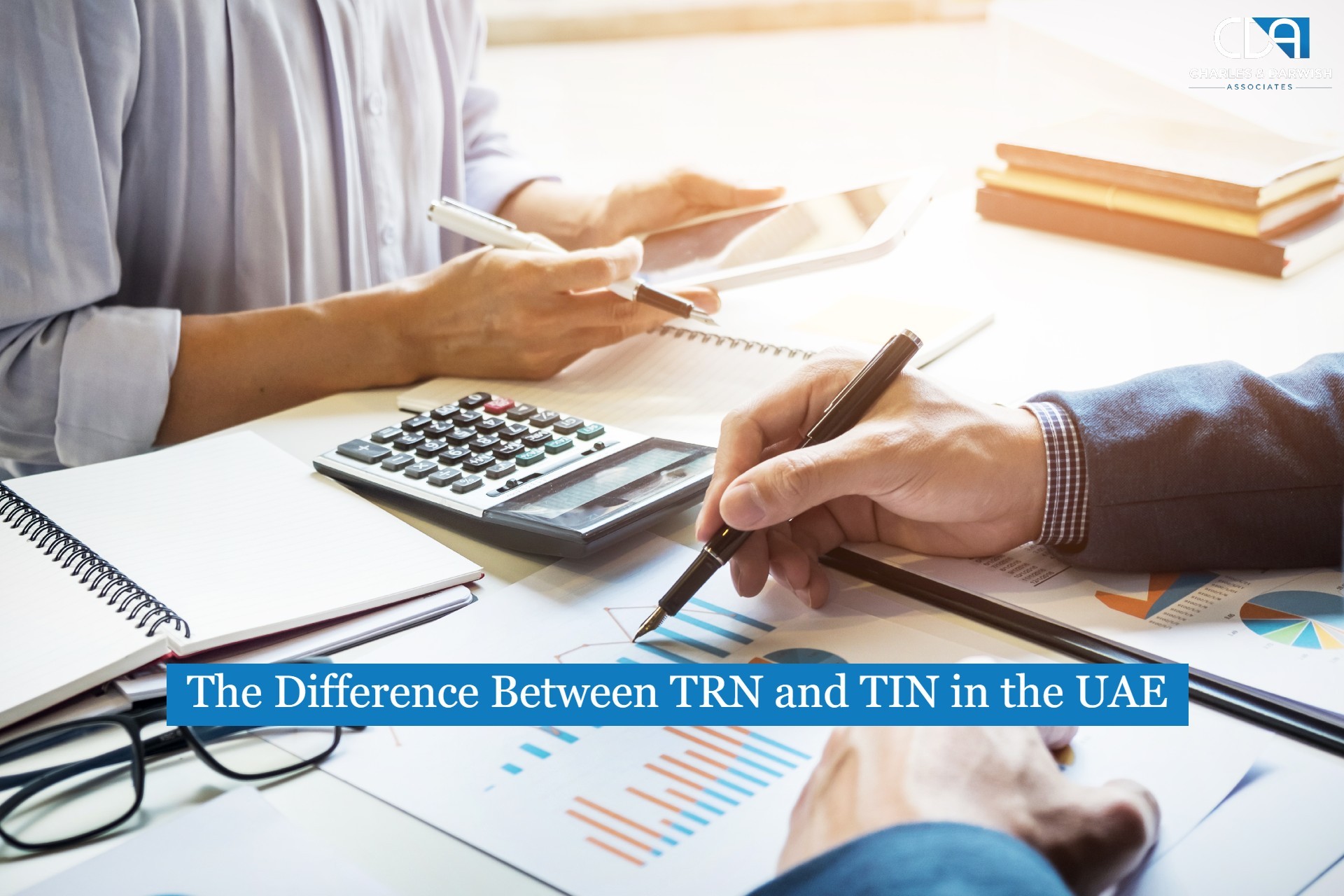What Is Double Taxation Avoidance Agreement (DTAA)?
Paying taxes on time is any law-abiding citizen’s first duty; it doesn't matter whether you live in your native country or abroad. But paying taxes twice in two countries? Now, that wouldn’t be very financially promising.
In what can be considered the gold standard of business ease, the UAE has certain Double Taxation Avoidance Agreements (DTAA) with most countries to maximise economic appeal to people who wish to earn their income from any of the Emirates.
This is applicable to foreign residents so that they aren’t charged twice on the same income (especially if the business is already registered in UAE). Read ahead in this blog to understand how that works.
How Does DTAA Work?
Double taxation occurs when two countries levy tax on the same business entity on the same income. This can seriously harm business value and goals in the long run and overall economic growth if we look at the bigger picture.
The DTAA basically enables smooth exchange of data between countries to make sure there is no lapse in information, and that due taxes are paid in time - and only once.
This helps to ensure that any business or entity registered in the UAE doesn’t fall prey to certain foreign tax rules from different countries, also ensuring relevant countries that there is no tax evasion on the same front.
DTAA: How Does It Promote Business Growth in the UAE?
The DTAA agreements with countries are a key factor in UAE’s appeal to investors as well as founders. Primarily because
- The UAE levies minimal overall taxes and no income taxes up to a certain extent. The elimination of double taxation makes it easier for businesses to set up, and focus on their goals, and to bring in investors.
- This has led to trouble-free overseas trade and international business relations.
- Maximise the development goals of the Emirates, specifically by increasing the size of investment inflows.
Requirements To Avail DTAA Benefits
Now, to avail themselves of the benefits of the DTAA, foreign residents in Dubai must fulfil the following requirements:
Determine Eligibility
Both the person(s) and the business should be residents of the UAE to avail the benefits. Now this can even get confusing for newer businesses; it is always best to consult a professional firm - like CDA- to help understand this fully.
Certificate of Tax Residency (TRC)
The UAE Ministry of Finance issues this certificate called a Tax Residency Certificate (TRC) that completely verifies your presence in the UAE for any tax related purposes. After determining the eligibility, any taxable entity needs to get a TRC issued by the MoF.
Necessary documents for applying for TRC:
For Individuals
- Emirate ID
- Copies of Passport
- UAE Residency Visas
- Contracts of Tenancy
- Energy Consumption Bills
- Bank statements validating monetary transactions in UAE
For Businesses
- A Trade License
- Well audited financial accounts
- Bank Statements to Validate monetary transactions from and in the UAE
- Any evidence that supports the claim of continuing the business in UAE
- Evidence in relation to the economic activities in Emirates
Identify DTAA Provisions
When the TRC is finally obtained, the next step is to identify the DTAA provisions between UAE and the source country of income. Understanding all aspects of the DTAA agreement between the source country can help get the maximum benefits out of the agreement.
Present Supporting Documents
The TRC and any other supporting document must be submitted to the foreign tax authority in order to benefit from the DTAA provisions. Unless the supporting documents are presented, there is no legitimate basis to provide immunity to the individual or the business from double taxation.
Claim Tax Benefits Once Eligible
Once all documentation is in place and has been verified, it is time to claim your tax benefits.
Any professional consulting firm in Dubai can help you with claiming your tax benefits after the process; it is usually advisable to take the help of professional firms to go through tax-related processes, to have professional efficiency by your side.
Conclusion
Understanding all requirements and legalities for a hundred percent compliance with regards to anything tax-related is very necessary for better financial positioning- especially in a place like UAE.
The DTAA is a key factor in the UAE that helps to bring in businesses from all over the world. The minimal or zero taxes on income, paired with DTA agreements with multiple countries all over the world helps individuals to spend more time and resources on their businesses, thus bringing in promising growth in a gradual manner.
However, understanding the DTAA provisions relative to the country of source income is quite important to ensure that you enjoy tax credits on the same front.
Get CDA’s Assistance By Your Side
CDA’s well versed team of tax consultants can provide personalized tax services to the entities whereby enabling them to stay updated with the new provisions and to get benefits from the prevailing tax legislations. The businesses operating in more than one country can approach the experts of CDA to understand about the DTAA and to gain guidance in reducing the tax expenses for your businesses. The experts are always at your doorstep to provide the required assistance and services.
To know more about the tax assistance services, connect the tax team at CDA now.

Mitesh Maithia
Tax Manager
Mitesh is a Tax Professional with expertise in direct, indirect, and international taxation, including transfer pricing, since 2018. Passionate about making complex tax matters simple, he shares insights to help businesses stay compliant and forward-looking.













